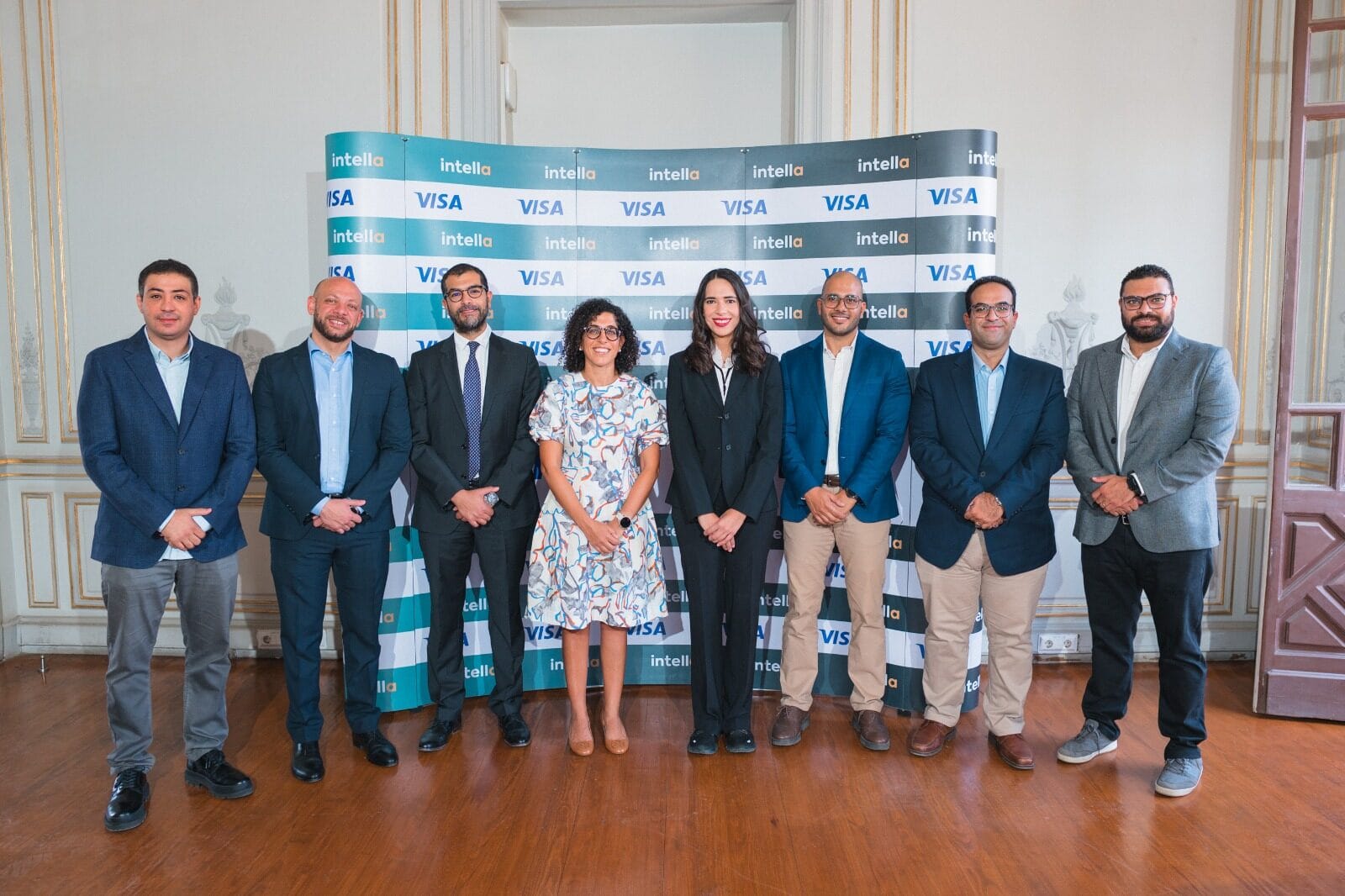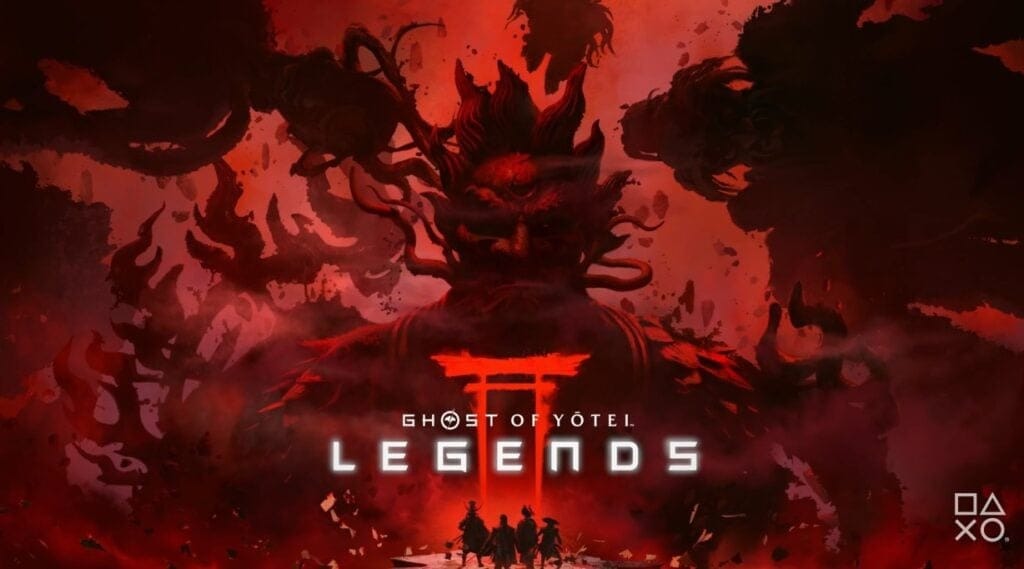Visa and Intella have signed a strategic deal to build Arabic conversational AI for banks and financial institutions across the Middle East and North Africa. The plan is simple: understand customers across more than 25 Arabic dialects and use every call, chat, and voice note to improve service, products, and compliance.
For readers in the UAE, this sits well with the wider push into AI-led finance—from the Central Bank’s AI venture with Presight to banks phasing out SMS OTPs. See our coverage of the CBUAE–Presight project and OTP changes for context.
What the deal actually covers
Visa will connect its network to Intella’s stack. That includes intellaCX for conversation analytics and Ziila, an Arabic voice agent. The goal: turn raw calls into decisions and actions banks can trust.
- intellaCX analyses 100% of customer interactions
- Ziila can act on insights as a smart assistant
- Focus on compliance, agent performance, and product feedback
- Built for dialectal Arabic from the ground up
The emphasis on full-coverage analytics matters. Many banks still sample a handful of calls. Useful, but noisy. This deal targets that gap by processing every voice and chat interaction, then piping results to teams that can fix issues fast. For a deeper look at Intella’s stack in action, check our piece on Intella’s $12.5m raise and how intellaCX and Ziila slot together.
Why Arabic dialects are the hard part
Arabic isn’t “one size fits all”. Egyptian Arabic, Gulf Arabic, Levantine Arabic—each has its own sounds and slang. Legacy chatbots struggle here. Intella says the partnership will support 25+ dialects, a key step for banks with customers from different countries and backgrounds.
- Many AI systems miss dialect nuance
- Misheard keywords break authentication and intent
- Models trained on MSA alone won’t cut it for real call centres
- Visa + Intella aim to close this “knowledge gap” with dialect-first models
Banks in the UAE face this daily. Hotlines juggle Emirati, Egyptian, Sudanese, Syrian, Filipino-accented English, and more. Better speech-to-meaning accuracy reduces repeat calls and speeds case resolution. It also supports moves like du Pay’s wallet rollout and du’s sovereign hypercloud, where service scale and security go hand in hand.
What Visa and Intella are promising
The companies are clear about the outcomes they want: better decisions and faster growth by listening to every customer. Executives from both sides say the collaboration marks a new phase for Arabic AI in finance.
- Use every call as structured data for strategy
- Lift agent coaching with objective insights
- Spot compliance risks in near-real time
- Feed product teams with live pain points
In plain terms: fewer “sorry, can you repeat that?”, fewer transfers, and fewer compliance headaches. That aligns with where UAE customer service is headed—see how Jumbo + Haptik are deploying agentic AI and how du’s Arabic telecom LLM is reshaping support flows.
What this could mean for UAE customers
You should see faster, more accurate service—by phone, chat, or WhatsApp—once banks start rolling out the stack. Expect stronger Arabic in IVR menus, smarter self-service, and fewer KYC trip-ups due to dialect issues.
- Better recognition of Gulf dialects in IVR and voice bots
- Shorter call times as agents get context and guidance
- More secure flows as weak signals (OTP by SMS) fade out
- Local hosting paths exist via UAE cloud options when needed
Timelines will vary by bank. But the direction of travel is set: AI for payments and service is moving into production in the UAE, from central infrastructure to retail support. See Hub71’s AI cohort and Grandiose’s GrandChef for how fast Arabic-aware AI is spreading beyond banking.
Which products are part of the partnership?Visa will tap intellaCX for full-scale conversation analytics and Ziila as a smart assistant layer, both tuned for Arabic.
How many dialects are supported?The plan covers more than 25 Arabic dialects across MENA.
What’s the business impact for banks?Move from random call sampling to analysing every interaction, improving compliance, coaching, and product decisions from real customer conversations.
Subscribe to our newsletter to get the latest updates and news








Member discussion